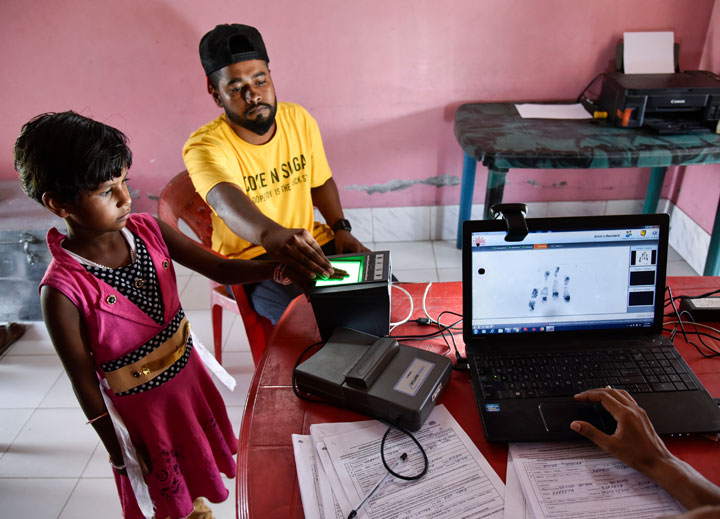The Centre has “in principle” approved the setting up of 1,000 additional foreigners tribunals (FTs) and the creation of an e-FT platform and is working on a mechanism to detect and deport illegal immigrants, a Union home ministry report said on Thursday.
Following the publication of the final National Register of Citizens (NRC), which excludes more than 19 lakh people, in Assam on August 31 this year, the state government had sought the Centre’s approval to set up additional FTs and an e-FT mechanism to address the NRC aftermath. The state at present has a hundred FTs.
The report said that “in principle” approval has been given to the Assam government for the creation of e-FT platform, which would incur an estimated cost of Rs 99 crore, and the setting up of 1,000 additional FTs.
The e-FTs will contain the names, details, biometrics and legacy data of those left out of the final NRC. When the people excluded from NRC move FTs to prove their citizenship, the FTs and other agencies will be able to access this information on e-FT.
“The e-FT will basically be a digital platform that will connect all stakeholders, including the border police, FTs, detention centres, the Centre and the state government regarding issues related to illegal immigrants, including up-to-date legacy data and biometrics of immigrants,” a senior official said.
The report also mentioned that the BOLD-QIT (Border Electronically Dominated QRT Interception Technique) under the comprehensive integrated border management system (CIBMS) on the Indo-Bangladesh border in Dhubri district of Assam has been launched as an effective deterrence against infiltration. Two pilot projects covering nearly 71km on the Indo-Pakistan border (10km) and Indo-Bangladesh Border (61km) of CIBMS have been completed, it added.
The home ministry’s year-end review, highlighting its major decisions and initiatives, released on Thursday, also mentioned the Citizenship (Amendment) Bill. “Marathon deliberations were held by Union home minister with various stakeholders from the Northeast on their concerns about CAB 2019,” it said.
“On the one hand, they are bringing in people through the CAA and, on the other, they are talking about detection and deportation,” AASU’s general secretary Lurinjyoti Gogoi said.











